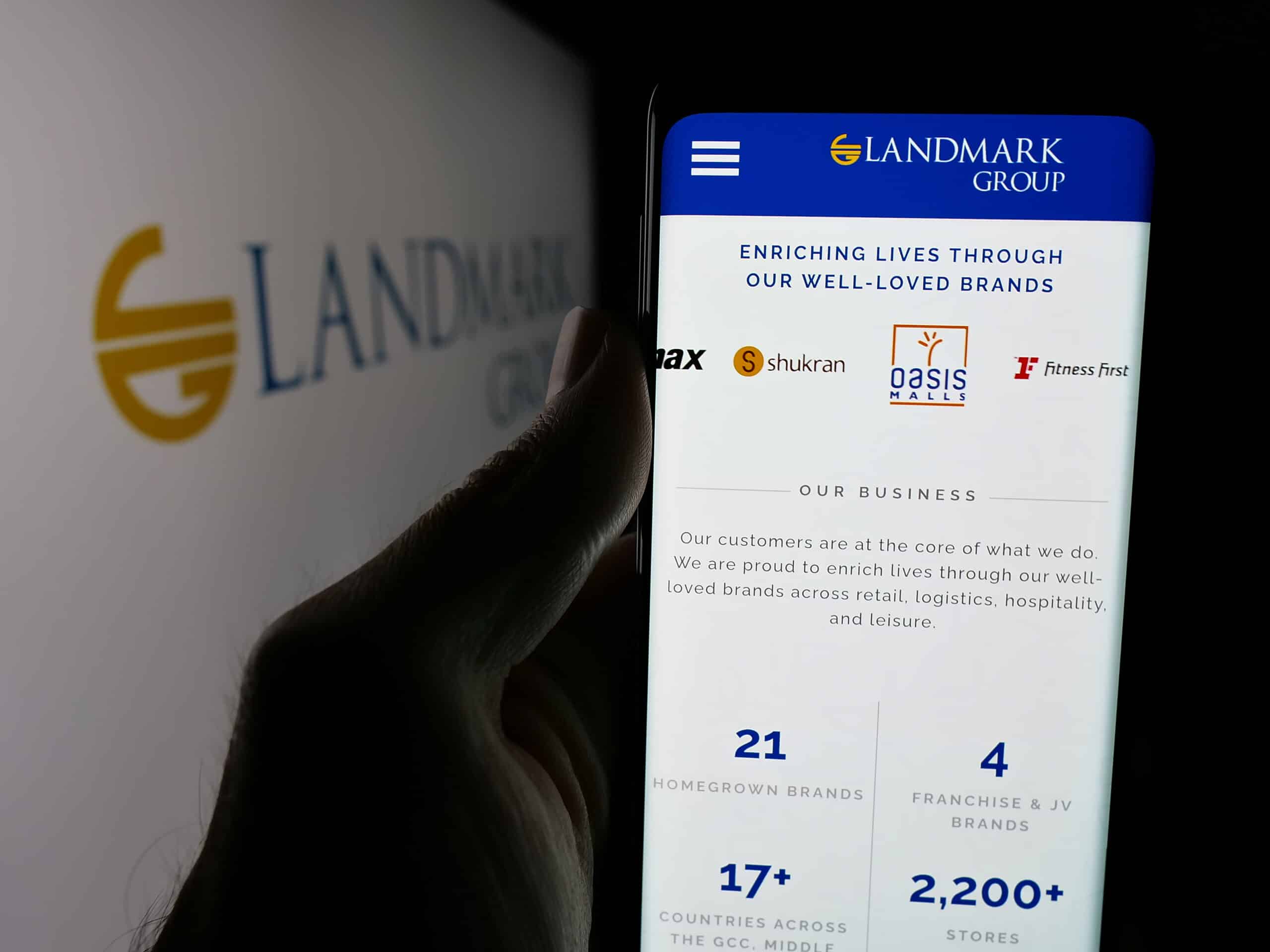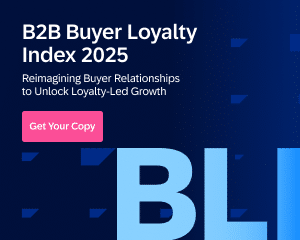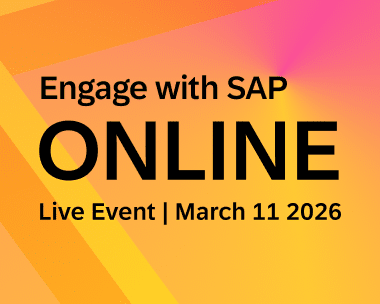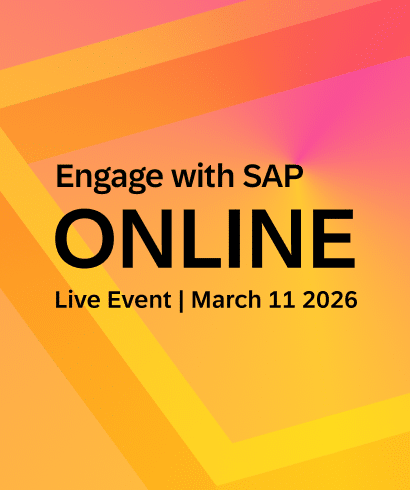You can’t personalize or even communicate well without data. Yet, every request for information is also a request for trust, and customers are growing increasingly choosy about which brands deserve it.
They read headlines about data breaches, watch browsers deprecate third-party cookies, and wonder, “What are you really doing with my details?”
For marketers, that scrutiny is a gift in disguise. When you collect and deploy first-party data transparently, you prove your brand is worthy of a long-term relationship… and relationships are far more profitable than one-off transactions.
This guide demonstrates how privacy-first tactics safeguard customers while enabling the kind of one-to-one experiences that keep them coming back.
Why Privacy Builds Stronger Customer Relationships
Regulators have raised the bar, but consumers have raised it higher. GDPR, CCPA, and similar laws may define the legal minimum, yet buyers evaluate you by an emotional metric: confidence.
Evolving global regulations like the European Union’s General Data Protection Regulation (GDPR) and similar rules are being proposed in other countries, such as the United States and Canada. These regulations limit how companies collect and use personal data, making it difficult for Google and other major browsers to continue using third-party cookies.
In SAP Engagement Cloud’ 2025 Global Consumer Products Engagement Report, 41% of senior CP marketers list “improving loyalty and retention” as their top priority, even as:
- 65 % admit consumer behaviour is getting harder to predict.
- 69 % say it’s tougher to engage meaningfully than a year ago.
Those numbers reflect a market where data access is earned, not assumed. Brands that clearly demonstrate what they collect, why they collect it, and how it benefits the customer gain permission that others never receive. The result is a higher-quality data set, willing opt-ins, and a clear edge in lifetime value.

Effective Strategies to Turn Privacy into a Competitive Advantage
Below are three field-tested plays that protect data and drive revenue. Each section explains the tactic, offers practical tips, and closes with a specific example to help you spark ideas.
Use AI to personalize without compromising trust
Artificial intelligence can spot affinity patterns no human could parse, but it must do so on a foundation of consented data.
Start by feeding your AI model only information that customers have knowingly shared or that’s first-party behavioural (e.g., on-site clicks, purchase frequency).
Clearly label any predictive element in your UI (“recommended because you viewed X”) so users understand the logic.
Implementation pointers:
- Combine browse history with product metadata inside the SAP Engagement Cloud Personalization Engine to surface recommendations that feel intuitive, not intrusive.
- Attach an always-visible “update my preferences” link to AI-curated emails so subscribers can refine the inputs in real time.
- Pilot “send-time AI” only for contacts who have explicitly opted into optimisation; default others to your standard cadence.
Example: A boutique streaming service analysed on-platform viewing (genre, session length) and sent a weekly “Tonight’s Perfect Match” email. The footer explained, “Chosen automatically from your watch history — change preferences here.”
Centralize customer data for unified, compliant engagement
Doing things like asking for data twice or ignoring a stated preference erodes credibility and customer engagement pretty quickly. A unified profile prevents those missteps and simplifies compliance audits.
Pipe e-commerce, loyalty, and service data into a single environment, then store consent flags right alongside behavioural attributes.
Implementation pointers:
- Use email journey automation to reference the same consent field across email, SMS, and push workflows so an opt-out in one channel suppresses all.
- Schedule a quarterly “privacy rehearsal”: simulate a subject-access request and verify you can export, correct, or delete data within legal time limits.
- Trigger automatic role-based alerts when new data sources connect, ensuring your governance team signs off before activation.
Example: A multi-brand beauty retailer merged website, POS, and mobile-app identities through deterministic matching (email + loyalty ID). When a shopper reduced email frequency to “monthly,” the preference immediately throttled push campaigns as well.
Create value in exchange for customer data
Customers will volunteer their birthdays, style sizes, and even skin-tone details — if the payoff is crystal clear. Treat each request as a micro-transaction: articulate what you need, why you need it, and how it benefits. Then prove the promise quickly.
Implementation pointers:
- Embed a two-question quiz (problem + preference) before gated content; autopopulate the answers into your CRM to avoid future asks.
- Launch progressive profiling: after a purchase, display a single in-checkout checkbox such as “Save my shade for future recommendations.”
- Celebrate data sharing. Acknowledge with an instant reward — loyalty points, exclusive how-to content, or a tailor-made product list generated by the AI-driven email marketing module.
Example: An athletic-wear site offered 10% off to visitors who completed a 60-second “Workout Style Finder.” Answers populated a new “training preference” attribute. Within the next send, customers saw gear assortments tailored to their chosen activity (yoga, HIIT, or running).
Privacy-first, performance-driven: The retention framework
To build lasting customer relationships in a data-conscious world, your retention strategy must be rooted in trust. Balance privacy, transparency, and value at every touchpoint.
- Transparency: Are data uses explained in plain language at collection and in every subsequent email footer? Can a visitor find, in two clicks, what data you collect and why? This reduces fear and lowers opt-out rates.
- Control: Can customers update channel preferences or delete their profile within two clicks? Is changing preferences as easy as giving them? This honors consent laws and builds goodwill.
- Security: Is data encrypted in transit and at rest, with multi-factor-authenticated admin access? Do you encrypt data in transit and at rest? This prevents breaches that erode trust overnight.
- Compliance: Do workflows automatically honour GDPR, CCPA, and any regional consent strings? This helps you avoid costly fines.
- Value exchange: Does each additional data field unlock something concrete (better recommendations, faster checkout, loyalty perks)? This helps increase survey completion and profile depth.
Score your brand on each pillar. Any “no” marks are priority fixes before scaling the next personalisation initiative.
3 Real World Examples of First Party Data Privacy in Action
To illustrate how leading companies are implementing privacy-first strategies, let’s explore practical case studies from industry leaders.
Landmark Group: Activate loyalty while maintaining trust

Landmark Group is a leading retail and hospitality conglomerate with a presence across the Middle East, India, and Southeast Asia. Known for brands such as Lifestyle, Max, and Home Centre, the group operates at scale, emphasizing long-term growth through customer engagement and innovation.
Challenge: With 80–90% household penetration in key markets, customer growth depended more on retention than acquisition. But delivering relevant, data-driven engagement at scale required robust privacy governance and seamless data access.
Solution: With the help of SAP Engagement Cloud, Landmark established Data Labs, a dedicated internal data consultancy, to support the group with advanced analytics and AI-powered insights. This centralized structure allowed them to build privacy-first personalization across brands while maintaining full compliance.
Utilizing first-party data from their Shukran loyalty program within a secure, consent-honoring ecosystem, they transitioned from transactions to personalized experiences.
This focus on deepening customer relationships, supported by Data Labs, improved retention and engagement, identifying valuable opportunities without the need for physical store expansion.
Results: By shifting focus to personalization, customer engagement, and centralized analytics, Landmark Group built stronger connections with its existing customer base.
- AI-powered recommendations, mobile-first experiences, and real-time data insights now inform everything from product merchandising to in-store and online communications.
- Retention became a primary growth driver, driven by the secure and ethical use of data.
- Centralized data governance reduced compliance risk while enabling faster personalization.
- Trust in data handling increased customer engagement across Shukran’s millions of members.
By embedding privacy at the core of its engagement strategy, Landmark turned regulatory discipline into customer confidence and built loyalty at scale.
Colgate-Palmolive: Scaling first-party data collection through empathy
Colgate-Palmolive is a global personal care and household brand operating across multiple categories, including oral care, pet nutrition, and skincare.
Challenge: To scale personalization effectively, Colgate needed to gather more granular, self-declared data at scale — data that would inform future engagement without triggering opt-outs or user fatigue.
Solution: Colgate launched a quiz-based value exchange program in Mexico, with SAP Engagement Cloud’ help. They asked users to share details about their oral care routines. Framed as a helpful tool to improve daily habits and personal care goals, the quiz was promoted via email and site pop-ups.
Results: By leading with empathy and transparency, Colgate earned trust and data. That data was then used to enrich AI-powered segmentation and inform personalized messaging at scale across channels and markets.
- 90% email quiz completion rate
- 50% pop-up completion rate, far exceeding benchmarks
Learn more: How Colgate-Palmolive Engaged Consumers with a Little Bit of Empathy
American Greetings: Privacy-first personalization that builds loyalty

American Greetings offers greeting cards and digital messaging services across three D2C websites and companion mobile apps. With emotionally driven purchases and deeply personal use cases, trust is a foundational element in their customer relationships.
Challenge: How do you deliver personalized experiences when the end user is not the buyer? American Greetings needed to build human-centered personalization while respecting data privacy, minimizing irrelevant outreach, and maintaining consent-driven engagement.
Solution: With SAP Engagement Cloud’ help, American Greetings deployed AI-assisted reminder systems. For instance, when users send a birthday card, they’re prompted to set a reminder for the same event the following year.
These opt-in reminders transform one-time transactions into thoughtful, ongoing touchpoints. Data collection is transparent and purposeful, embedded in moments where customers naturally see the value of sharing.
Results: American Greetings shows that when personalization tools are built on permission, empathy, and relevance, they do more than convert — they create long-term customer loyalty. By respecting data boundaries and solving a real need, the brand turns privacy into a trust builder.
- Significant adoption of reminders as a service, initiated by user opt-in
- Deeper engagement over time from repeat card senders
- Greater customer satisfaction from helpful, privacy-conscious experiences
Learn more: The Attribution Dilemma: How American Greetings Navigates the Complex Consumer Journey.
Make Privacy Part of the Experience
Whether you’re working to reduce opt-outs, improve personalization, or deepen lifecycle engagement, a privacy-driven approach is the key to turning data into durable loyalty.
By pairing AI-powered personalisation with rigorous, transparent data practices, you transform privacy from a hurdle into a selling point.
SAP Engagement Cloud can help at each step: unifying profiles, automating consent, and delivering relevance that earns the right to more data. When customers feel safe and understood, they not only stay, they spend, advocate, and grow with you.
Ready to turn first-party privacy into lasting loyalty?
Request a demo and see how SAP Engagement Cloud makes trust your most profitable asset.







